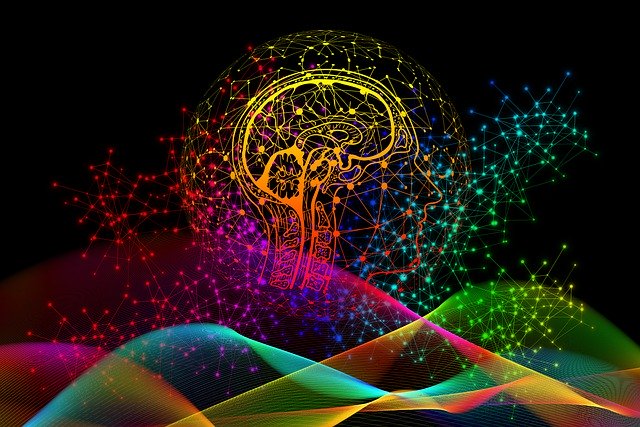
Hot Flashes Impair Memory Performance
Posted March 28th, 2020
According to a recent article published in the journal of The North American Menopause Society (NAMS), “If you are having difficulty identifying the right word to express yourself clearly or remembering a story correctly, you may blame menopause.”
Previous studies have shown that women experience a decline in memory for verbal material, such as words and stories, as they transition through menopause. In this new study, functional magnetic resonance imaging (fMRI) was used to document the occurrence of physiologic hot flashes and their specific effect on hippocampal and prefrontal cortex functioning during encoding and recognition conditions of a memory task.
Marilyn K. , a 55 year old, single, mother of two, reported being very successful at her local real estate agency, winning awards and accolades which afforded herself and her high school aged boys a better than average life style. However, all that was to change, beginning several years into menopause. Along with the hot flashes, poor sleep, and foggy brain, she began noticing herself slipping at work. “I’m just not able to bring my A-game anymore.” She lamented. “The younger agents seem to be more on the ball. I’m worried I can no longer keep up.”
At a time in Marilyn’s life when she should be at the top of her game, she was losing her confidence. This scenario is not an isolated case. In fact many women who come to The Renewal Point for hormone balancing relate similar stories. The loss of cognition (inability to focus, absent mindedness, missing words, and fuzzy thoughts) are a common complaint of this ‘change of life’.
The hormones of a woman in her 20s, 30s, and early 40s are generally in balance, contributing to her health and vitality. Beginning with the onset of menopause, however, this balance is turned on its head.
Dr. Dale Bredesen, professor of molecular and medical pharmacology at the University of California, and author of “The End of Alzheimer’s”, points out in his famous book that hormone balance is critical to cognition. His advice is to rebalance these deficiencies back to normal, healthy levels.
In the medical journal, ‘Neurology’, Dr. K. Yaffe reports that, after menopause, rebalancing estrogen levels increases brain blood flow, neural growth factors, acetyl choline, and natural antioxidants, to improve cognition 30%. The rebalancing of all the hormones decreases cognitive decline a full 50%! No medication can even come close to that statistic.
So what about safety? Hormone balance, using pharmaceutical/synthetic versions, has been found to cause a myriad of problems including: blood clots, cognitive decline, cardiovascular disease and increase a woman’s risk of breast cancer.
The good news is that in large populations of women, over decades, the balancing of hormones using bio-identical hormones has been found to be much safer than their pharmaceutical counterparts.
Marilyn’s lab work did demonstrate the imbalances which were causing her to feel so incompetent at work. Shortly after these imbalances were corrected with bio-identical hormones, she began sleeping much better, her hot flashes ended, and her foggy brain cleared up. “I’m back!” she declared joyfully on our last visit.
With over 30 years of experience and numerous board certifications and credentials, Dr. Watts, MD, ND, MSNM and Helena Williams, ARNP, MS are experts in the Science and Art of Integrative Medicine and Bio-identical Hormone Balancing. Bio-identical Hormone Balancing requires individualized therapy and ongoing dosing changes based not only on a patient’s diagnostic lab values, but also their symptoms. Due to the sensitive nature of hormone balancing, it is imperative that you work in partnership with an experienced provider and program.
For more information or to schedule an appointment, you can call us at 941-926-4905, email us at info@therenewalpoint.com, or RSVP to our upcoming seminar.




